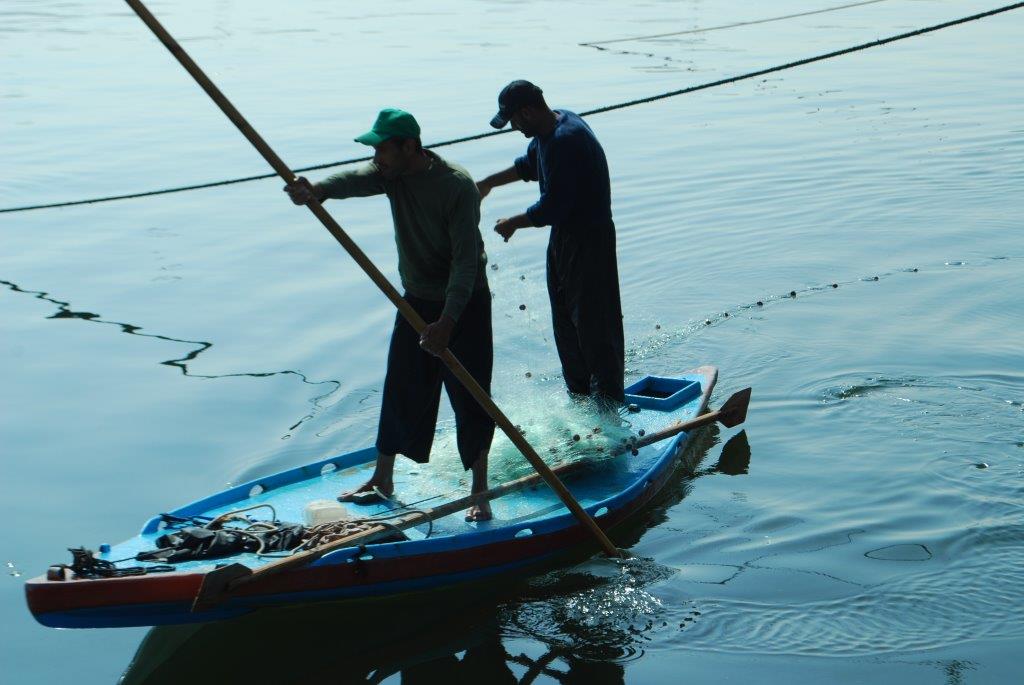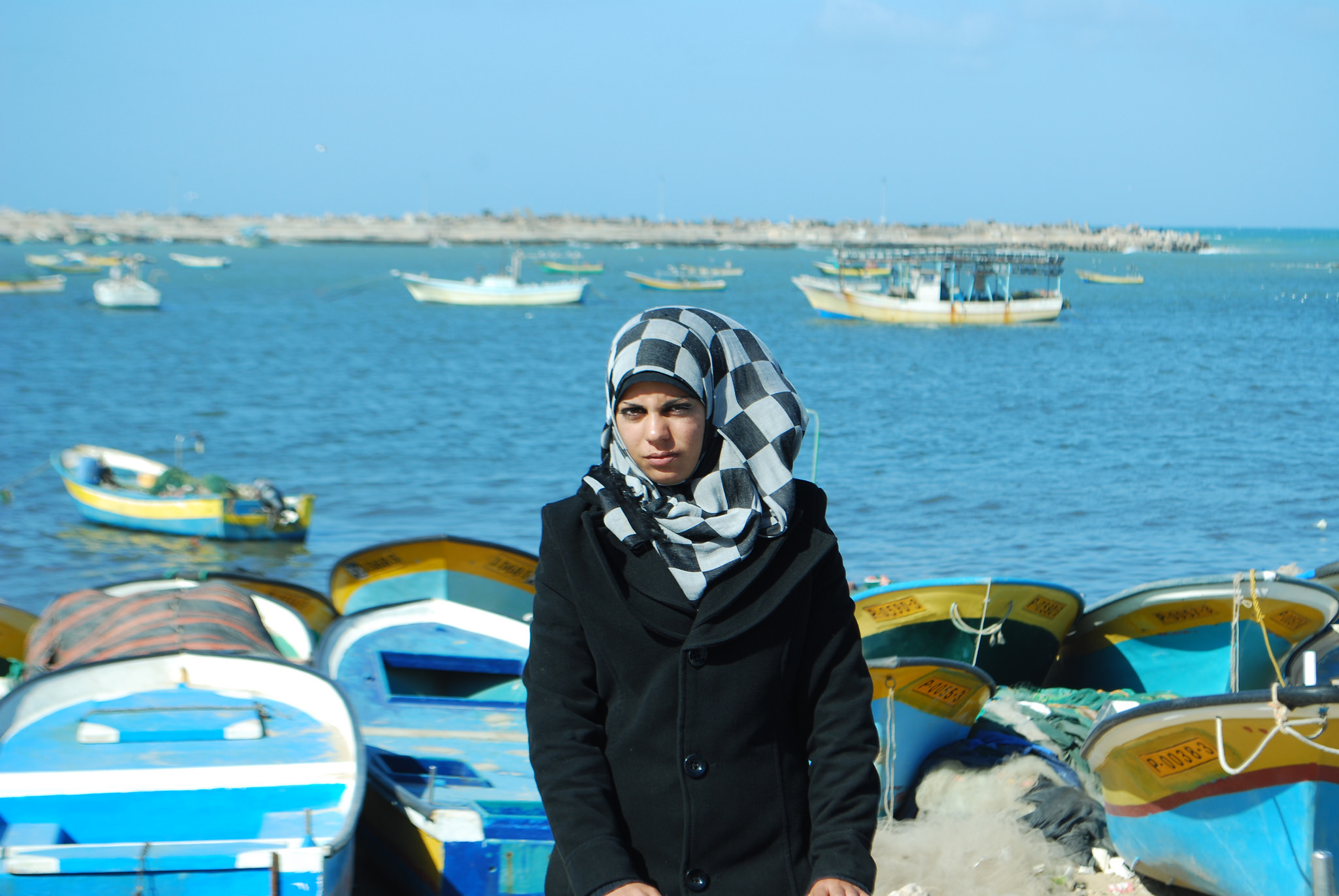Tag: Fishermen
-
“Soldiers opened fire at our boat and engine. We were about to sink”
21st March 2014 | International Solidarity Movement, Rosa Schiano | Gaza, Occupied Palestine On Tuesday, 11th March, Israeli naval forces arrested two Palestinian fishermen and confiscated their fishing boat off the coast of Gaza City. The two cousins, Shabaan Abu Ryala (33) and Jihad Abu Ryala (24), both from al-Shati (“Beach”) refugee camp, went to fish at 7:00…
-
Israel continues military violence against Palestinian fishermen in Gaza waters
19th February 2014 | International Solidarity Movement, Charlie Andreasson | Gaza, Occupied Palestine Three Palestinian fishermen were arrested and had their boats and gear confiscated by occupation forces on Tuesday, 11th February, in two separate incidents, despite the fact that they were well within the Israel-permitted zone and could not be classified as security threat to the State…
-
Madleen Kolab, Gaza’s only fisherwoman
9th February 2014 | International Solidarity Movement, Charlie Andreasson | Gaza, Occupied Palestine I have seen her standing there more then once, at the edge of the port, looking out over the boats in the harbor and then towards the horizon. And for a short second, I have seen myself, when as a child I took…



